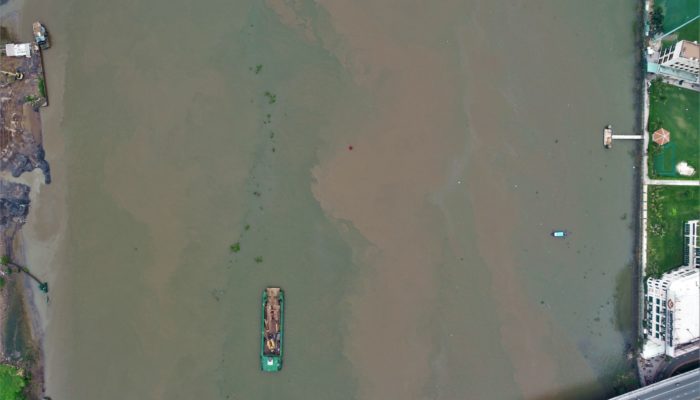In 2010 EGU held our first annual Photo Competition at the General Assembly in Vienna. Since then hundreds of photos have been shared on imaggeo by geoscientists and researchers just like you, with a lucky few being selected each year to be highlighted during the meeting and voted on by our members. These images can be of anything to do with geology or geoscience – we get many beautif ...[Read More]
GeoPolicy: Atmospheric Sciences and Climate: Past, Present & Future Divisions welcome the US back into the Paris Climate Agreement
As of 19 February 2021, the US officially re-joined the Paris Climate Agreement, a landmark international accord to limit global warming by 2°C (and ideally to 1.5°C) compared to pre-industrial levels. The Paris Climate Agreement aims to bring the world together to avoid catastrophic warming that will impact us all and to build resilience to the consequences of climate change that we are already s ...[Read More]
Imaggeo On Monday: over 10 years of the EGU Photo Competition
In 2010 EGU held our first annual Photo Competition at the General Assembly in Vienna. Since then hundreds of photos have been shared on imaggeo by geoscientists and researchers just like you, with a lucky few being selected each year to be highlighted during the meeting and voted on by our members. These images can be of anything to do with geology or geoscience – we get many beautif ...[Read More]
GeoTalk: Meet Tim van Emmerik, hydrologist and Geosciences Instrumentation and Data Systems Division Early Career Scientist representative.
Hi Tim, thanks for talking with us today, can you start by telling us a little about yourself and your research background? As experimental hydrologist I aim to provide reliable data to solve water-related societal challenges. For over a decade I have been working on developing new, better or cheaper measurement methods to quantify components of the water cycle. My first projects focused on estima ...[Read More]




